In a recent appearance on the popular YouTube talk show CONSO, Laboum’s Yujeong made jaw-dropping revelations about the extreme control and surveillance she and her fellow members experienced while under their former agency. Joined by Lovelyz’s Ryu Soo Jung, the two girl group idols candidly opened up about the harsh realities of idol life during their early years.
No Phones for Years
Both idols revealed that during their peak promotional periods, they weren’t allowed to have phones — making it difficult to form closer bonds with peers in other groups despite frequent encounters at music shows.
Ryu Soo Jung: “We didn’t have phones for about four years.”
Yujeong: “They told us not to, so I didn’t.”
The host questioned how Laboum member Yulhee managed to enter a relationship with FT Island’s Choi Minhwan despite the restrictions. Yujeong confessed that Yulhee had secretly obtained a burner phone, which was eventually discovered by the agency, contributing to her departure from the group after a premarital marriage announcement.
CCTV Cameras in Their Dorm
What shocked fans even more was Yujeong’s claim that their agency installed CCTV cameras inside the dorm — specifically inside the shoe cabinet — to monitor the members’ movements and prevent unauthorized outings.
Yujeong: “I just went out briefly to get bubble tea once, and the company called me in and grilled me like, ‘Where did you go?’ That’s how closely we were monitored.”
Despite not having official clauses in their contracts banning romantic relationships, the tight restrictions and constant surveillance made it nearly impossible for idols to have any personal freedom.
Yujeong: “Back then, there weren’t specific clauses banning relationships, but the company was super strict.”
Fan Reactions
The revelations have since sparked outrage among fans and netizens, many of whom expressed concern over the invasive control placed on idols and the lack of basic privacy during their youth. Others applauded Yujeong and Ryu Soo Jung for being honest and shedding light on the harsh realities many trainees and idols face behind the glitz and glamour of the K-pop industry.
As conversations around mental health, personal freedom, and idol rights continue to grow, this interview may fuel renewed calls for better treatment and protections for current and future K-pop artists.




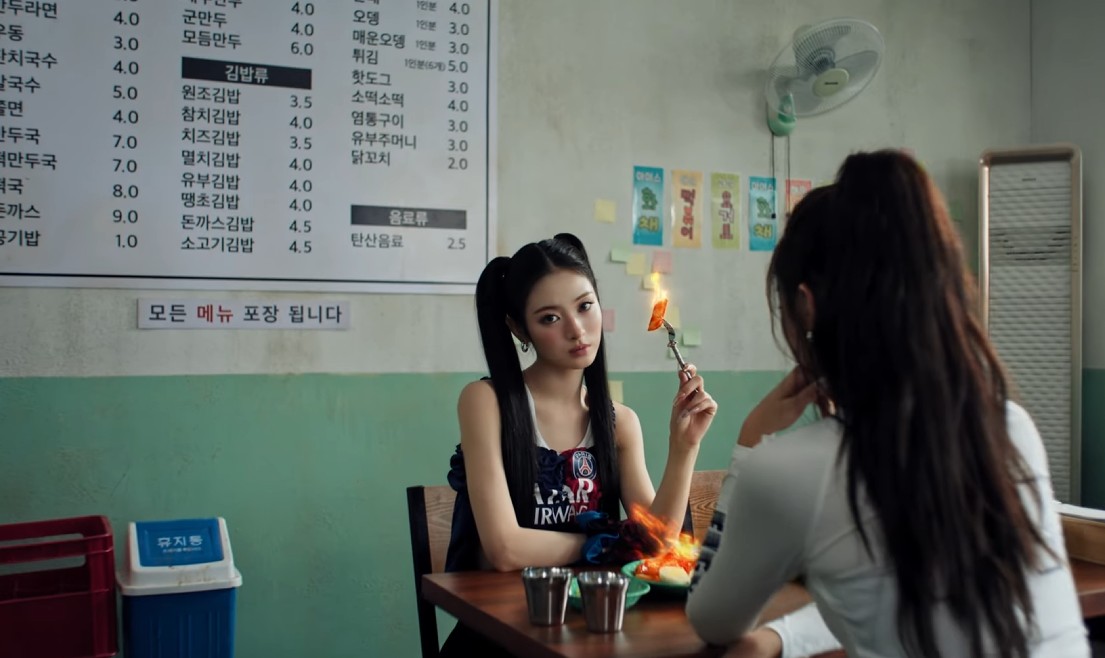
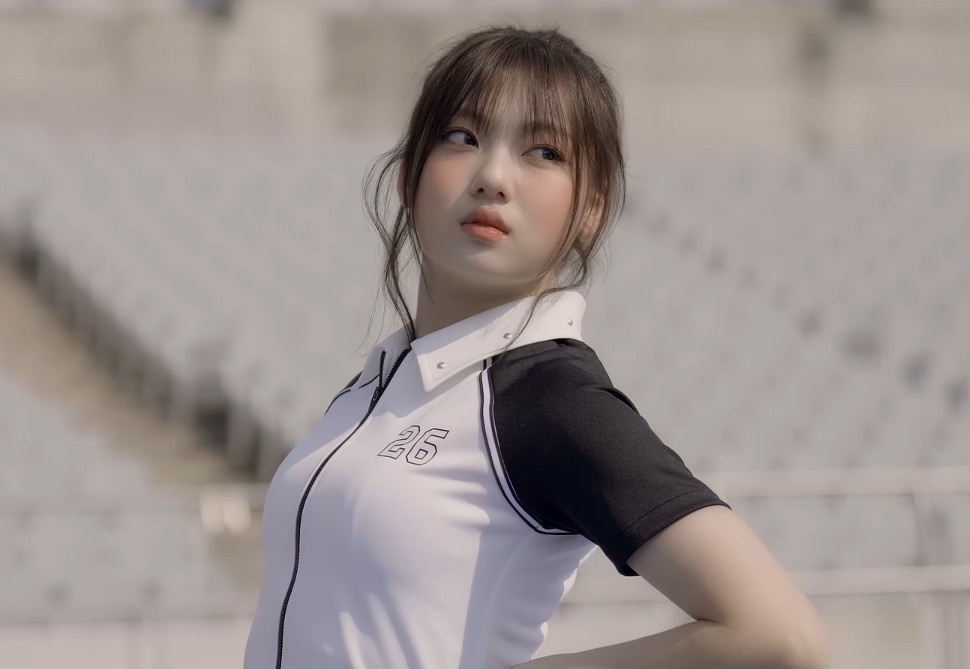


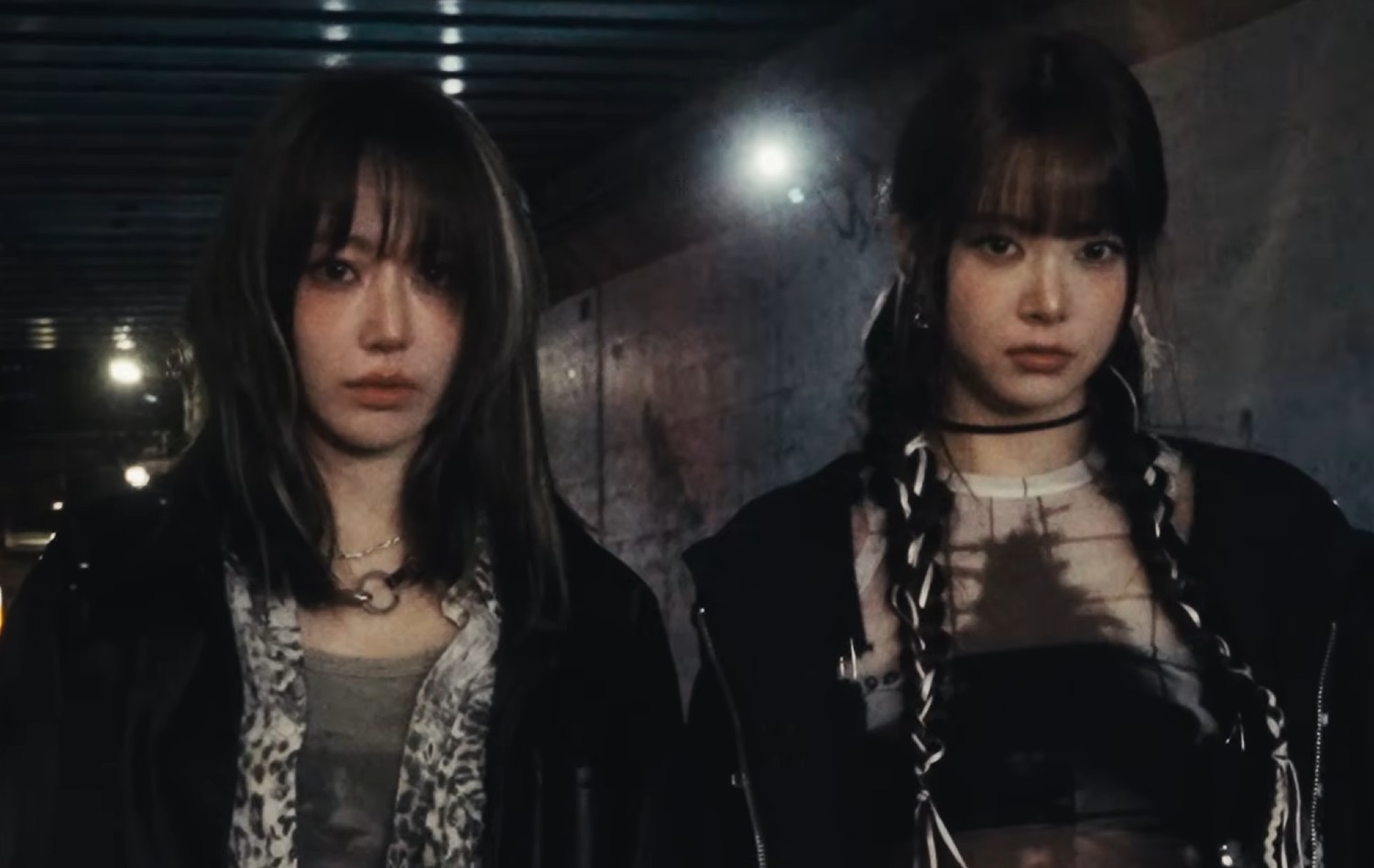
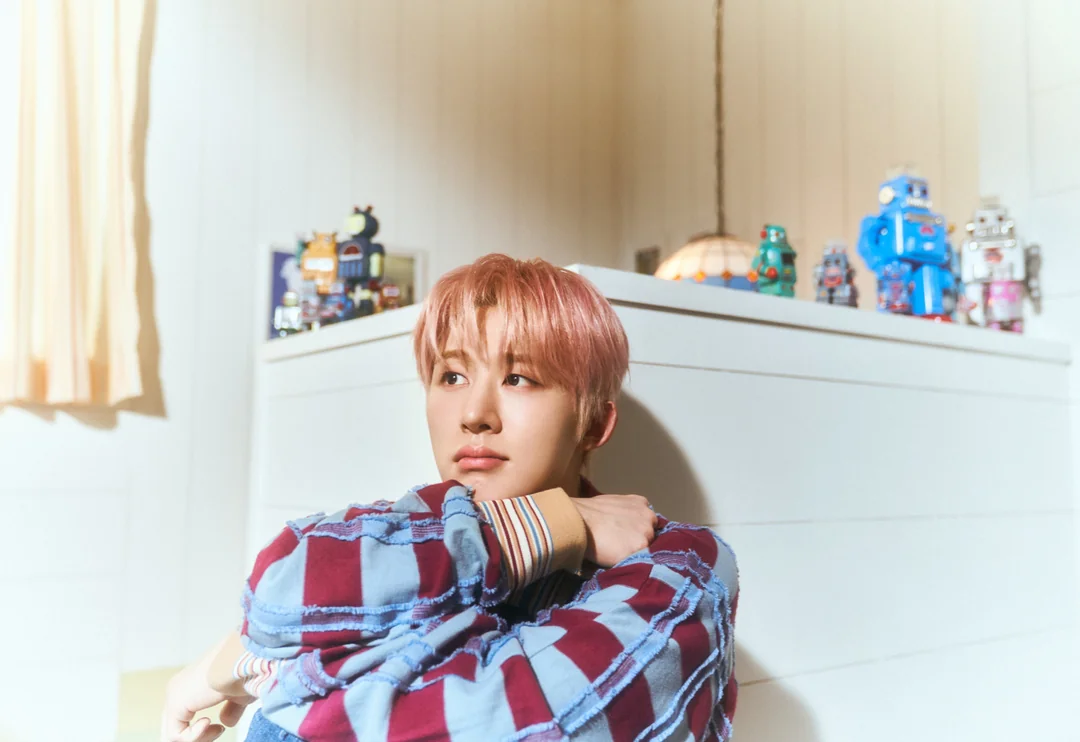
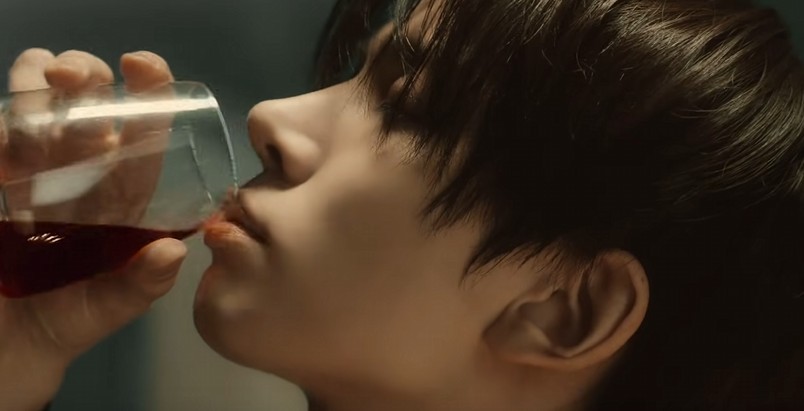
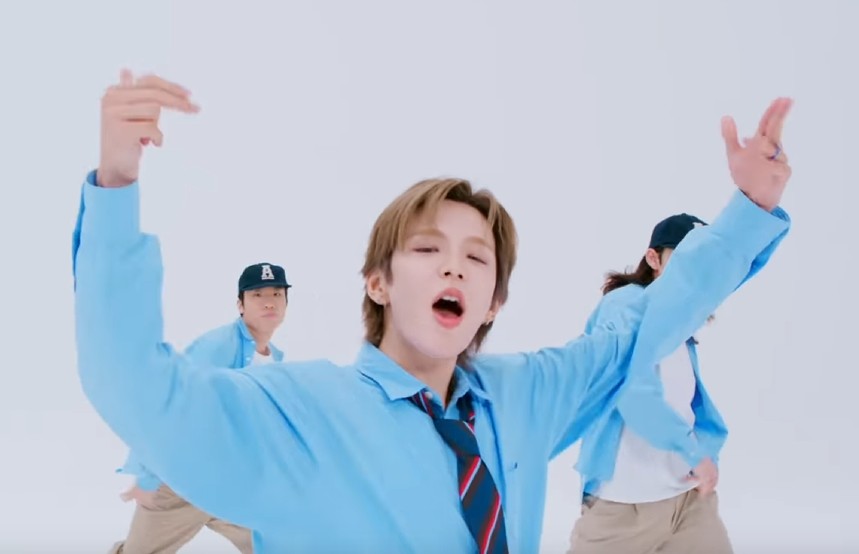

Leave a Reply